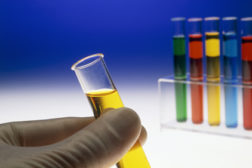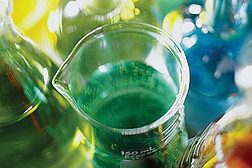Home » bio-based materials
Articles Tagged with ''bio-based materials''
Is it Time to Decouple from Petroleum?
Bio-polymers have entered the market, and demand is expected to grow rapidly over the next decade.
August 1, 2010
Keep the info flowing with our eNewsletters!
Get the latest industry updates tailored your way.
JOIN TODAY!Copyright ©2024. All Rights Reserved BNP Media.
Design, CMS, Hosting & Web Development :: ePublishing





